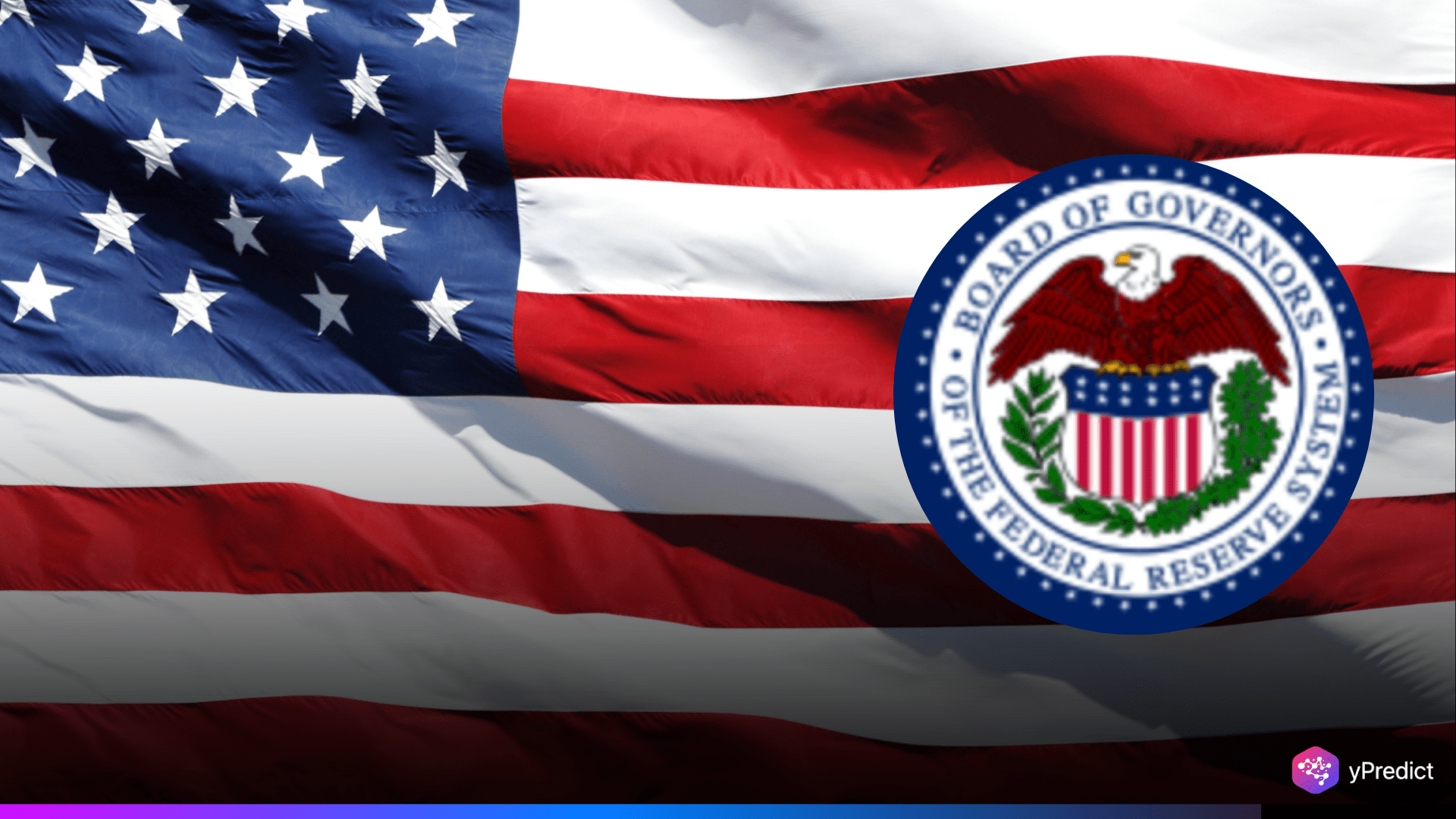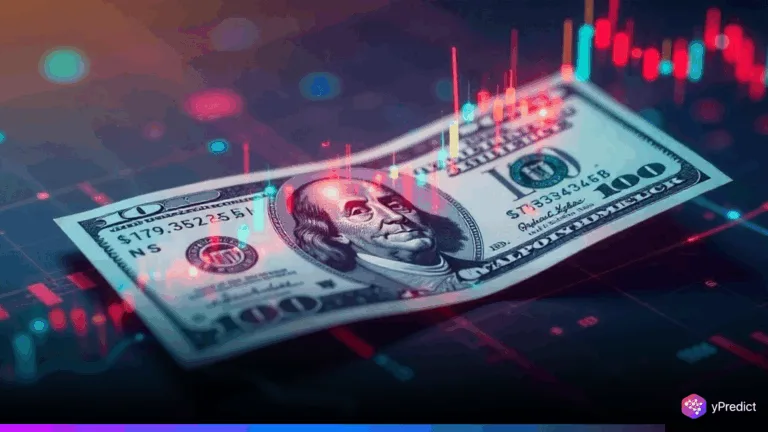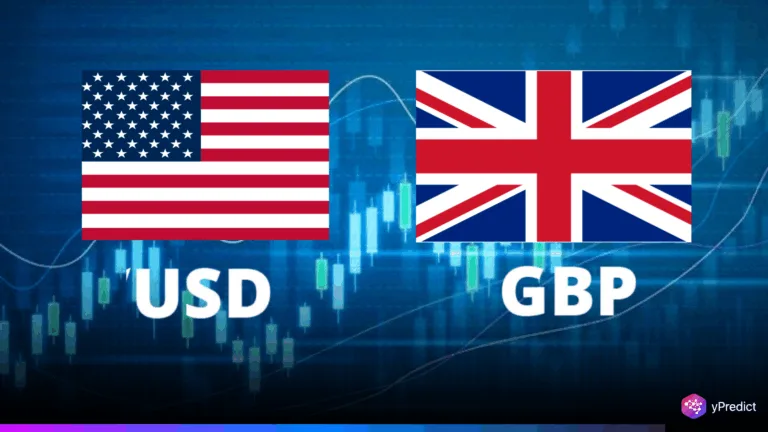
US inflation expectations are once again in the spotlight, rising to their highest levels since 1981 amid growing concerns over tariffs and economic uncertainty. The most recent survey conducted by Commerzbank and the University of Michigan indicates a drastic drop in consumer sentiment.
Analysts warned that the US may experience a severe economic crisis if the Fed does not take immediate action. Policymakers must act quickly to stabilize the domestic economy and the forex market.
Inflation Fears Surge as Consumer Sentiment Drops Sharply
In April, the University of Michigan’s final Consumer Sentiment Index fell to 52.2 from 57 in March. Since the late 1970s, these readings have been among the lowest. Despite being marginally better than the initial estimate of 50.8, the steep drop is indicative of increased concerns about the potential economic consequences of rising tariffs. US inflation expectations also surged for the second consecutive month.
Ulrich Leuchtmann of Commerzbank claims that US inflation expectations are now a serious warning indicator rather than an anomaly. The Federal Reserve faces a conundrum in this case. It must find a balance between preventing a significant rise in unemployment and controlling inflation.
Tariffs and Inflation Expectations – What the Data Reveals
Market-based inflation expectations have remained relatively stable or even slightly decreased, highlighting a growing divide. Bond and foreign exchange traders continue to have faith in the Fed’s ability to manage inflation over the long run. Analysts warn that political interference and conflicting messaging could eventually destroy this trust.
Joanne Hsu, Director of the Surveys of Consumers, noted that expectations about personal finances and business conditions have plunged dramatically. The Index of Expectations dropped to 47.3 in April, a 32% fall since January. Since the recession of 1990, this 3-month decline has been the steepest. As inflation expectations for the coming year have increased to 6.5%, American households are bracing for tough times.
GammaRoad Capital Partners’ Jordan Rizzuto warned that the US might be entering a stagflationary period. He claimed that the regularity of drops in consumer sentiment indicates an economy with stagnating growth and high inflation.
Will the Fed Act Fast Enough to Curb Inflation?
The Federal Reserve now faces a complex decision matrix. Fed Governor Christopher Waller recently suggested lowering rates if tariffs spike unemployment, but rising US inflation expectations complicate such a move. Increased inflation expectations suggest that further price increases may result from flexible economic policy.
Going forward, the Fed will need to act wisely to prevent inflation expectations from becoming rooted. Failure to manage these pressures could lead to instability in the US economy and the forex market. Despite President Trump’s hints about easing tariffs, markets are still cautiously optimistic because uncertainty is still very much present.
Can the Fed Regain Control Over Inflation?
Consumers and policymakers are both concerned about the rise in US inflation expectations. Preventing an economic crisis will require swift and calculated action. The Fed must carefully balance inflation control with employment protection to avoid more severe outcomes.
A growing number of investors are preparing for possible rate increases that might further agitate the financial markets. The resilience of the US economy will be evaluated over the course of the next few months, as consumer sentiment is at all-time lows and the forex market is showing extreme volatility.





